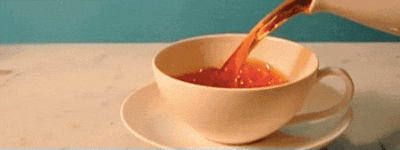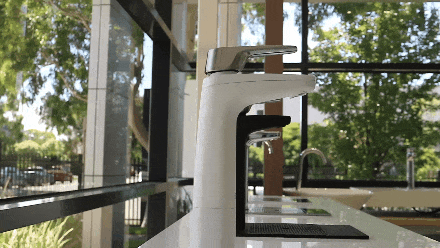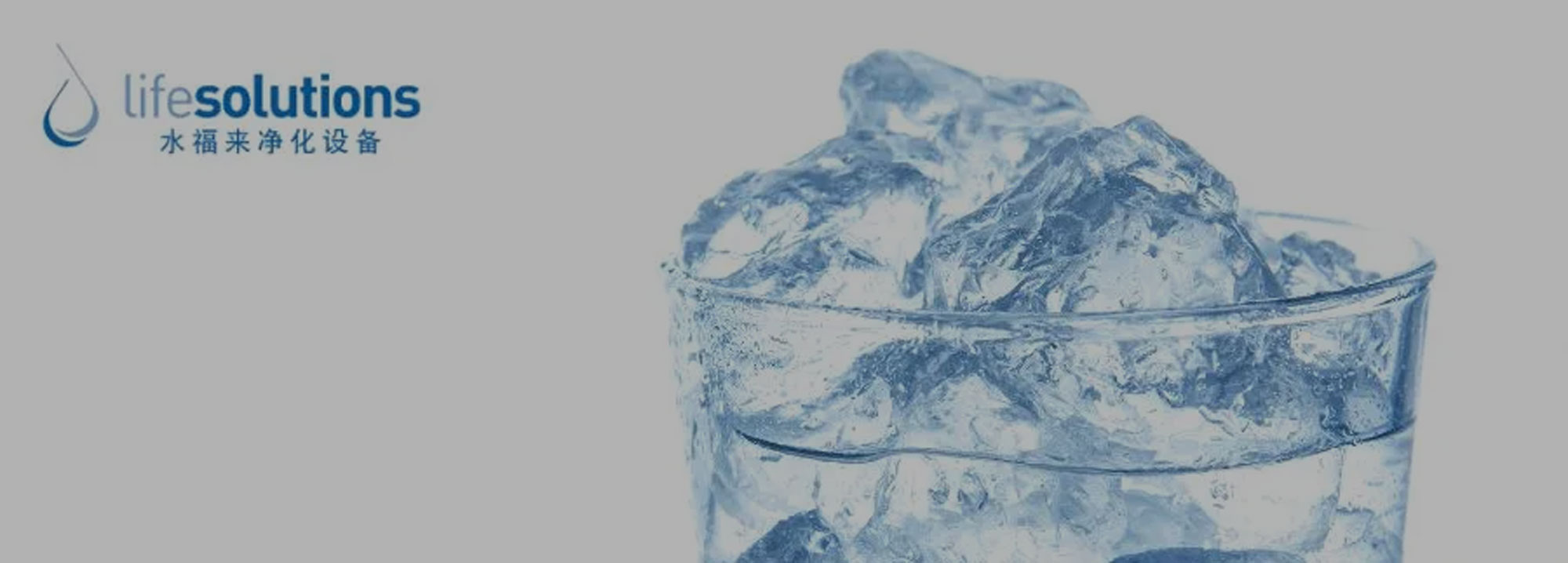Water is the source of life and has always been central to human civilization. Throughout history, people have settled near water, fostering the growth of societies.
Our relationship with water is deep and multifaceted, influencing not just our physical needs but also our cultural and historical evolution.
Variations in Drinking Water Practices Between the East and West

In the East, drinking in moderation is highly valued.
Eastern culture emphasizes the “Doctrine of the Mean,” which holds that “excess is as bad as deficiency.”
This principle shapes their drinking water habits, promoting moderation.
For instance, in ancient China, people were encouraged to drink water at regular intervals and in specific amounts.
A common saying, “three cups in the morning, four cups in the evening,” reflects the belief that drinking three cups in the morning and four in the evening promotes good health.

In contrast, in Western cultures, it’s common to drink water whenever you feel thirsty.
Western culture often embraces a more flexible approach to life,enjoying activities to the fullest.
Within this cultural context, Westerners tend to drink water based on personal needs rather than adhering to specific traditions.
They often carry portable water containers to stay hydrated at any time.

Throughout history in China, offering hot tea to guests has been a customary gesture, regardless of their origin.
Guests from distant lands are always greeted with a cup of hot tea as a symbol of hospitality, no matter the season or simplicity of preparation.
This tradition reflects the warm welcome of the host. Additionally, hot water is favored among Chinese people, with the saying, “In winter, one drinks soup,” and the belief that even travelers should drink boiled water.
This preference for hot beverages runs deep in Chinese culture, passed down through generations.

In the West, cold water is preferred year-round, regardless of the weather.
Westerners typically drink tap water directly from the faucet in their homes.
Despite seasonal changes, even in the cold winter, they often prefer cold or iced water, and do not typically drink hot water even when they are unwell.
Exploring the Origins of Varied Drinking Water Cultures Between Eastern and Western Societies
Why do Eastern and Western societies exhibit such distinct drinking water habits?
01. Concepts of Health Preservation
In Chinese tradition, hot water is believed to benefit the spleen and stomach, aiding digestion and improving circulation. Conversely, cold water is seen as potentially disruptive to health.
While traditional Chinese medicine values hot beverages for their warming properties, Western medicine suggests that excessive consumption of hot water may affect tissue adaptability and weaken the body over time.

02. Dietary Structure
Confucian culture shapes Chinese dietary habits, emphasizing harmony and health preservation through balanced nutrition and food efficacy.
In contrast, Western diets prioritize practicality, often featuring meat-centric dishes, leading to higher protein and calorie intake.Cold water is favored in the West for its ability to refresh the palate and aid digestion, relieving constipation.

Drinking hot or cold water is just a matter of habit, reflecting cultural differences. There’s no superior or inferior choice in drinking habits. The real concern is ensuring access to safe drinking water.

Contemplating how to maintain and regulate water quality is the key question to address.

All our filtration products are CCC (3C) certified and exceed the CJ94-2005 Chinese water industry standard for drinking water purification. We use NSF certified water filters in all our RO products.

References
[1] Wen, C., & Chang, L. (2020). Warm Water Is Better than Hot Water for Health. Journal of Senior Education: Elderly Home, DOI:CNKI:SUN:LNZZ.0.2020-01-095.
[2] Wang, X., Drinking Hot Water or Cold Water: Which is Better? Journal of Diet and Health, 2020, 000(012): P.36-36.
Image source:www.pexels.com/giphy.com/envato.com





